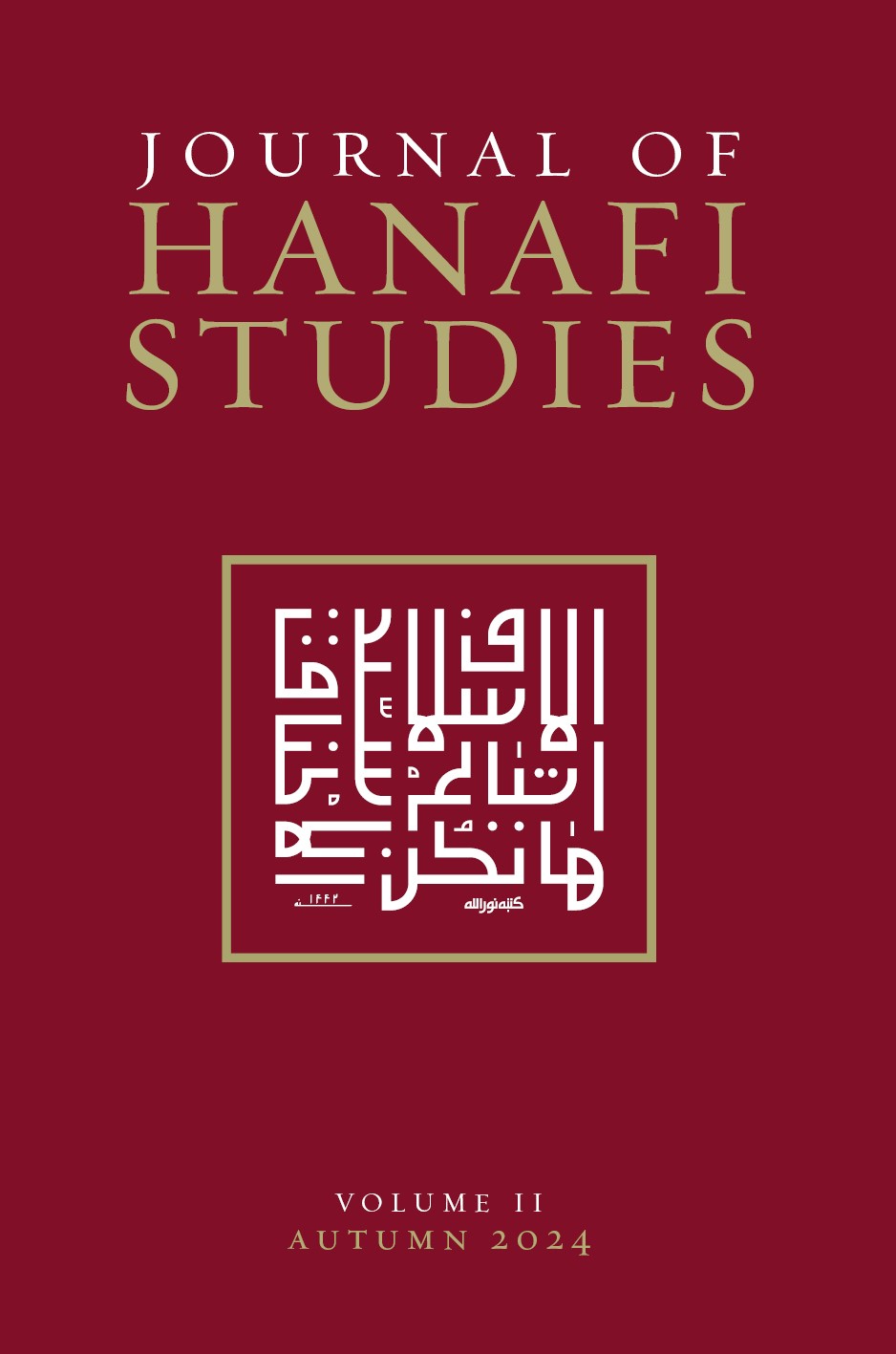
The Classical Ḥanafī School on Abortion: A Critical Reassessment
Salman Younas
Abstract
This article analyses the permissibility of abortion in the Ḥanafī school. I demonstrate that according to classical Ḥanafī jurists, abortion should be impermissible from around six weeks post-conception, which is significantly earlier than 120 days. This is based on the Ḥanafī principle that a foetus is a child/human/person (walad/insān/ādamī) once it possesses a physical human form and features (istibānat al-khalq). Once the foetus is legally deemed a child/human, aborting it is impermissible as this would amount to aborting a human being and constitute a transgression against human inviolability. The opinion that abortion is impermissible only after 120 days was the result of, first, a factual error whereby some jurists assumed that physical human features only emerge in the foetus after 120 days and, second, an erroneous interpretation by a minority of jurists that istibānat al-khalq refers to ensoulment (nafkh al-rūḥ).

Key Words
Islamic law, abortion, Ḥanafī school, 120 days, ensoulment, discernibility of physical human features
